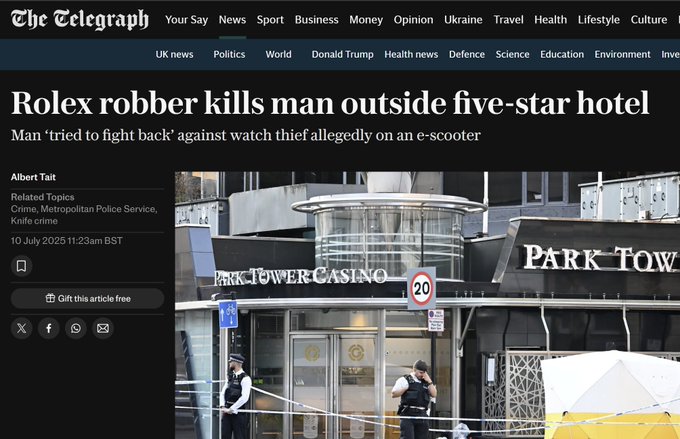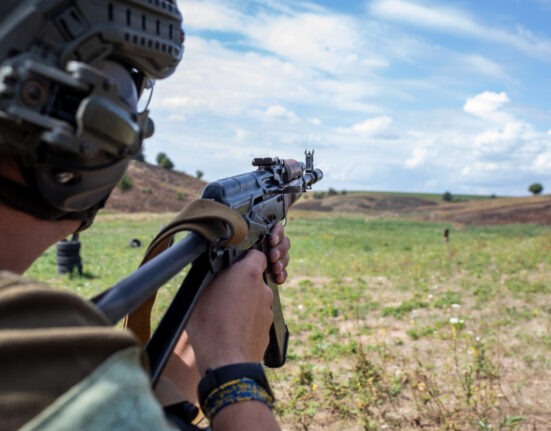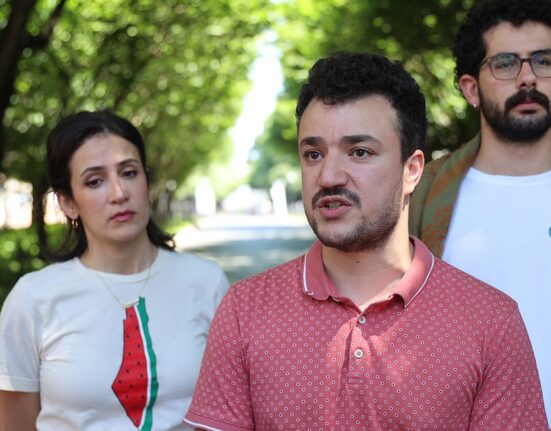In a recent social media post, a user reflected on the contrast between perceptions of safety and societal norms in different regions, specifically mentioning Brazil and South Africa in a context involving violence over material possessions.
This anecdote sheds light on the perceived security and stability of living in a high-trust, civilized society, juxtaposed with the concerns of potential societal challenges related to mass immigration and economic impact..
The mention of Brazil and South Africa in the tweet evokes images of crime and violence, emphasizing a narrative often associated with developing countries in South America and Africa.
Incidents of extreme violence, such as the referenced hand-chopping for a watch, point to underlying issues of inequality, crime, and law enforcement challenges in these regions.
This highlights the complex social dynamics and disparities that exist within societies, impacting perceptions of safety and trust..
In South America, countries like Brazil face ongoing struggles with crime rates, particularly in urban areas where inequalities are stark.
The intersection of poverty, lack of opportunities, and organized crime contributes to a cycle of violence that can perpetuate such extreme acts.
Similarly, economic challenges and social tensions in South Africa have led to high crime rates and instances of violence, reflecting broader issues of societal unrest and inequality..
The user’s reflection on the contrast between these regions and their own perceived sense of security in a high-trust society raises questions about the factors influencing societal norms and behaviors.
It prompts a deeper examination of the role of governance, economic policies, and social structures in shaping the dynamics of trust and security within communities.
Ultimately, this comparison underscores the importance of addressing underlying issues of inequality, crime prevention, and social cohesion to foster a safer and more inclusive society for all..









Leave feedback about this